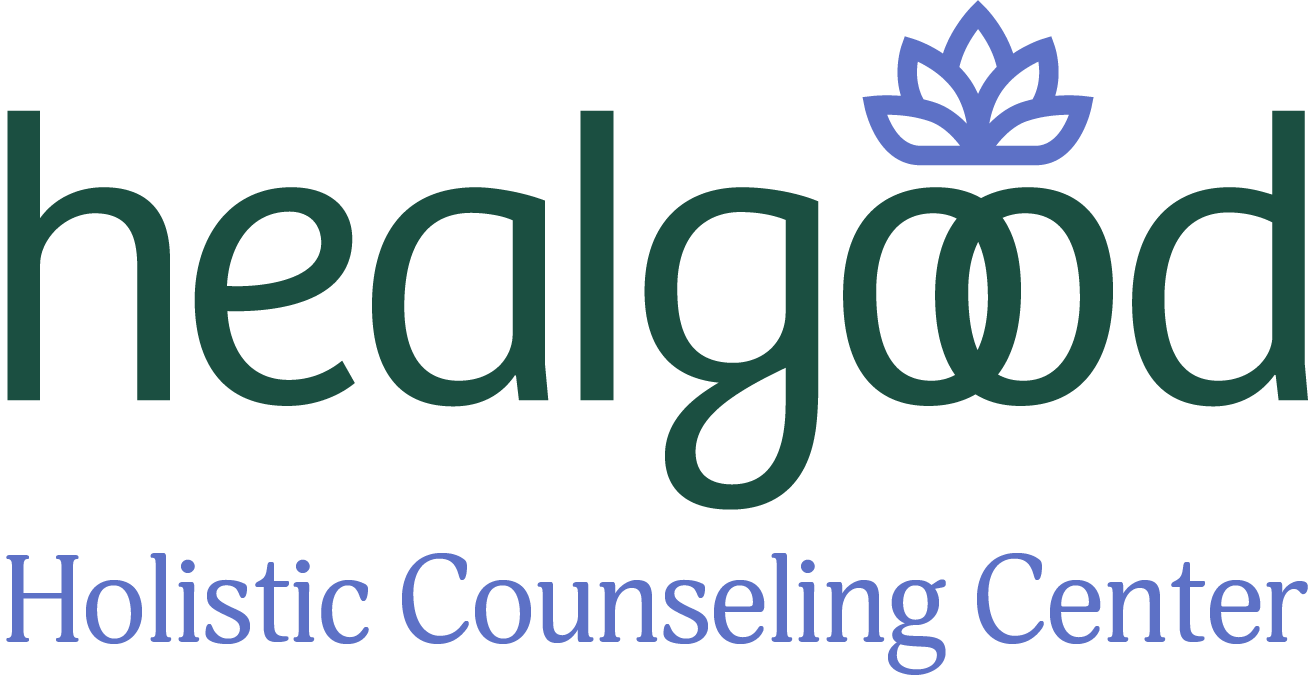Peace, Comfort, and Joy Amidst Uncertainty: A Dialectical Approach to Coping with Holiday Stress
During the holiday season, traditionally associated with "peace, comfort, and joy," many are grappling with holiday stressors alongside family problems, anxiety, depression, trauma, and various challenges. Adding to the complexity is a backdrop of global concerns.
Throughout history, consistent global problems like natural disasters and wars have existed, generating real fear, uncertainty, and anxiety for the generations. Currently, the war in the Middle East and Ukraine, ongoing political discord, and economic inflation are widespread concerns.
It's understandable that personal challenges synergize with global issues, leading to anxiety, depression, despair, hopelessness, and helplessness.
So, how do we cope? How do we keep going amongst such stress and uncertainty?
Enter dialectical thinking, the "D" in DBT or Dialectical Behavior Therapy.
'Dialectical' means trying to understand how two things that seem opposite could both be true. For example, accepting yourself and changing your behavior might feel contradictory and mutually exclusive. But DBT teaches that it's possible for you to both A) accept yourself, validate yourself and hold yourself with compassion and B) recognize that you want or need to make changes in your life and do something differently.
Dialectical thinking involves holding two opposing thoughts simultaneously, understanding that each perspective contains truths, ultimately forming a synthesized truth. F. Scott Fitzgerald, in an insightful essay, noted, "the test of a first-rate intelligence is the ability to hold two opposed ideas in the mind at the same time, and still retain the ability to function. One should... be able to see that things are hopeless and yet be determined to make them otherwise."
In this blog, we'll explore a DBT-inspired approach to help individuals find peace, comfort and joy amidst current challenges and uncertain times.
DBT Strategies for Finding Peace, Comfort, and Joy:
1. Stay Present Amidst Global Turmoil:
Acknowledge the global challenges and focus on staying present. Practice mindful breathing to center yourself and ground your thoughts in the current moment, providing a respite from external uncertainties. Focus on what you can control, radically accepting those concerns and issues that are beyond our control.
2. Embrace Dialectical Thinking:
Channel F. Scott Fitzgerald's wisdom by embracing dialectical or paradoxical thinking. Recognize the apparent hopelessness of certain situations while fostering a determination to make positive changes. It's an acknowledgment that joy can coexist with fear, worry, and uncertainty.
3. Create a Supportive Network:
In times of uncertainty, connection becomes paramount. Lean on your support networks, have open conversations about your experiences with those you trust and feel safe sharing with. Shared burdens are often lighter, and collective resilience can be a source of comfort.
4. Cultivate Gratitude Amidst Challenges:
Integrate gratitude practices into daily routines. Even amidst difficulties, identifying and appreciating small positive moments and highlighting what you can be grateful for, can contribute to a sense of joy. A gratitude journal can serve as a tangible reminder of resilience.
5. Mindful Coping Strategies:
Utilize mindfulness techniques to manage stress. Breathing exercises, visualization, and grounding techniques can provide a sense of control in the face of uncertainty. This may mean choosing to turn off notifications, taking a break from the 24-hour news cycle, or scheduling times to intentionally catch up on world news and current events.
6. Know Professional Support is an option:
Navigating complex challenges may require professional assistance. Seeking support from mental health professionals who can offer tailored strategies and coping mechanisms can be beneficial when navigating the multilayered concerns and challenges we face.
As we navigate the holiday season against the backdrop of global uncertainties, it's crucial to recognize the intricate tapestry of challenges we may face. Dialectical thinking allows us to embrace paradoxes and find determination amidst perceived hopelessness. Through a DBT-inspired approach, individuals can not only survive the stressors of their lives, but perhaps discover pathways to peace and joy. In the end, dialectical thinking fosters resilience, our ability to stay present, and our ability to feel empowered when navigating the holidays.
Healgood Holiday Survival Guide
Because the holidays can bring about many valid stressors - many people find themselves vulnerable to returning to old behaviors or patterns that they are working to overcome and change. Problematic behaviors can be things like substance use, disordered eating, self-harm, under- or oversleeping, restlessness, immersing ourselves in technology or social media, isolating, acting out of anger or irritability, shoplifting, compulsive shopping, and on… Problematic patterns can be things like ineffective communication, poor boundaries, people pleasing tendencies, avoidance, and on...
Over the years, I’ve created a 20 page guide to help my clients navigate the holiday season and maintain their mental health - and now you can download your very own copy!
Why the holidays are challenging & cause distress
Seven skills to help survive the holidays + a BONUS Skill
Snow globe mindfulness metaphor & practice
The gift of gratitude & creating values-based traditions
Just in time for the holidays — effective communication skills recap, including: Honesty statements and validation
Dealing with the most difficult people
Journaling prompts to wrap up you reflections
Holiday Survival Plan Template +
Holiday Self-Care Plan Template
The holidays may present challenges, but armed with knowledge, skills, and the right tools, you can transform this season into an opportunity for personal growth, resilience, peace, and joy. As we wrap up this exploration of holiday complexities, consider how a little support can go a long way. Embrace the journey, lean into the challenges, and equip yourself with the tools to thrive. If you're ready to take the next step toward a more resilient holiday season, consider diving into the pages of Healgood’s Holiday Survival Guide - a companion on your journey to not just survive, but conquer the festive challenges with grace and strength.
Wishing you abundant peace and joy, deserving of all the goodness life has to offer —
Chelsea



